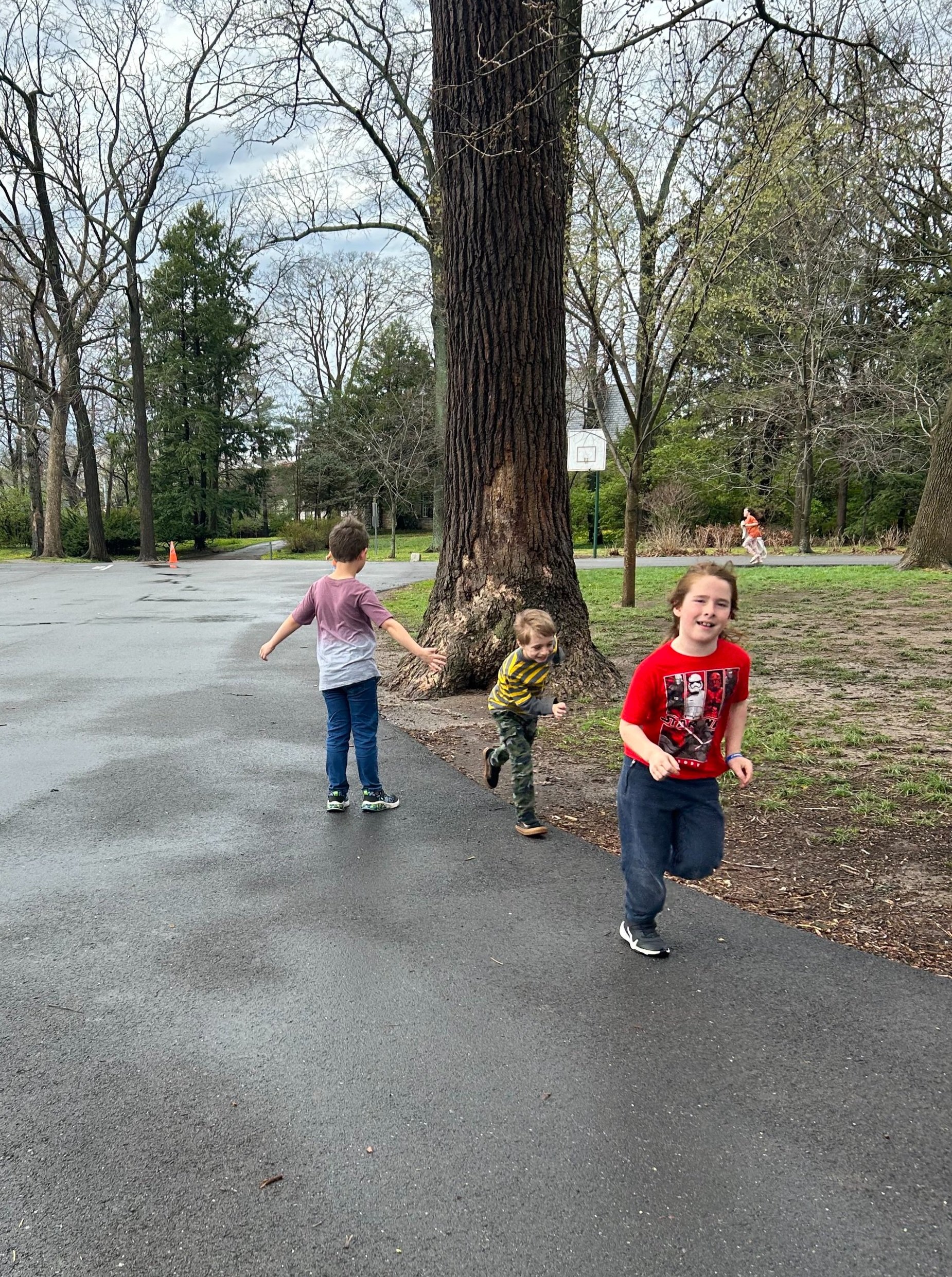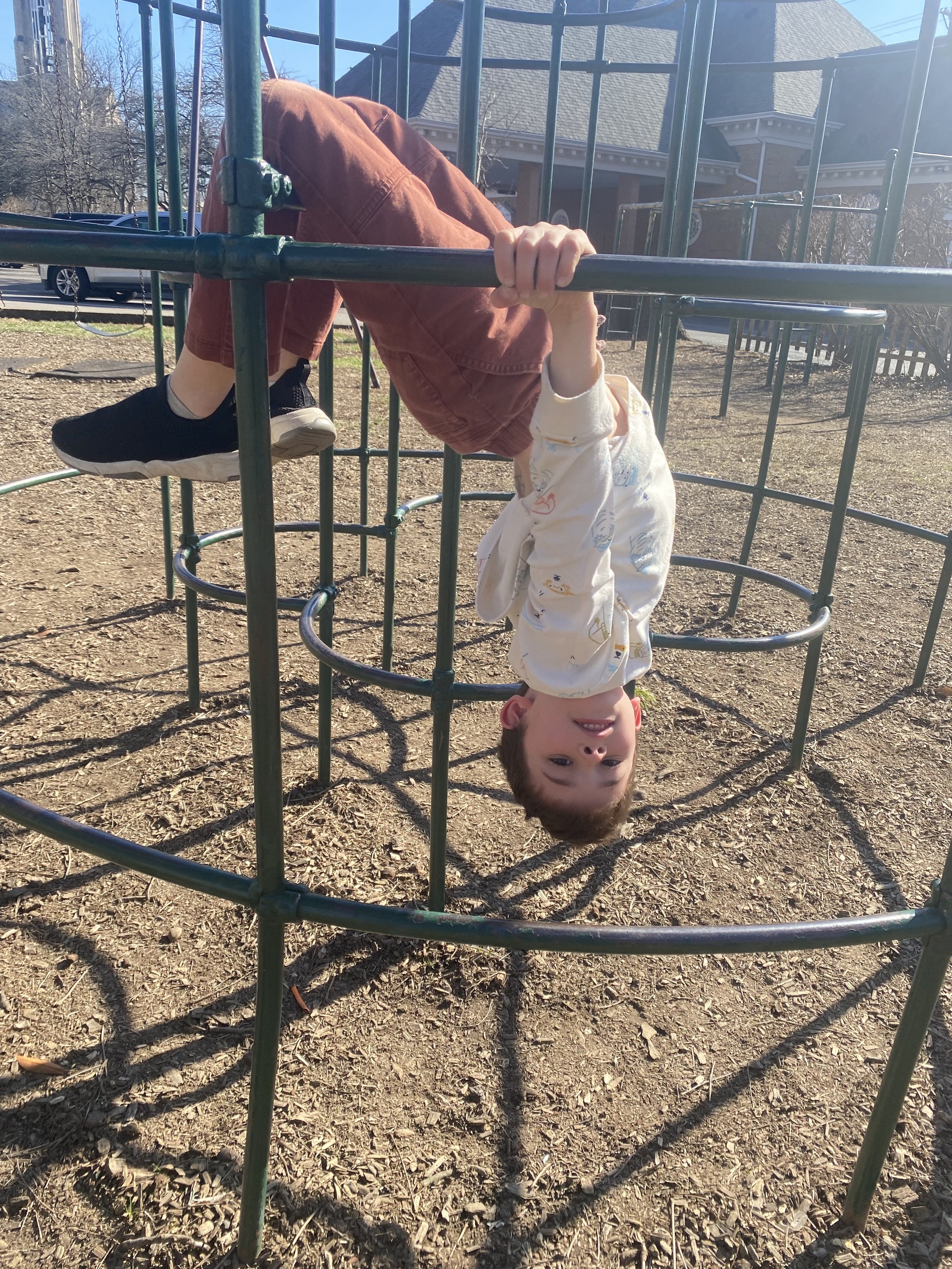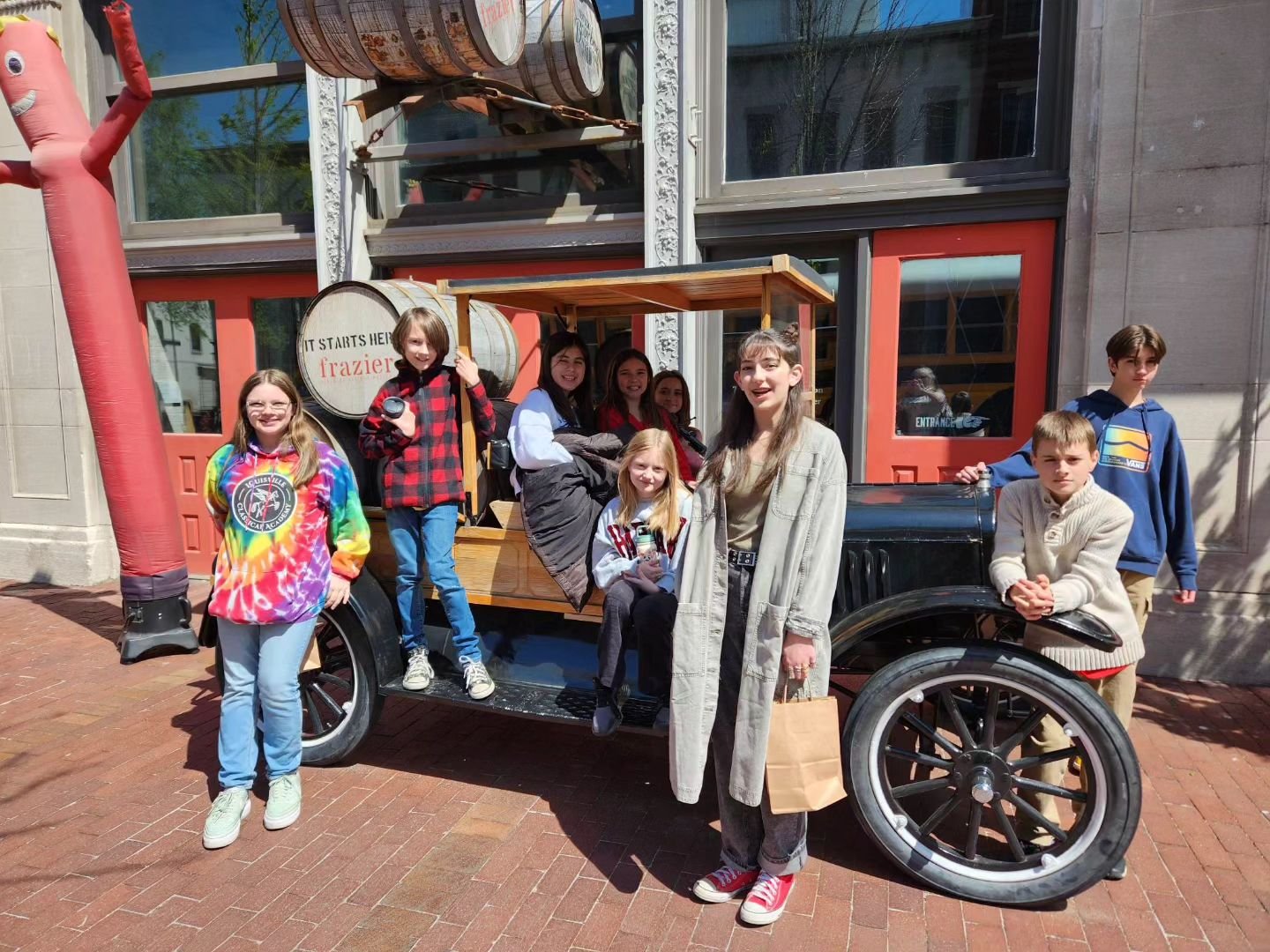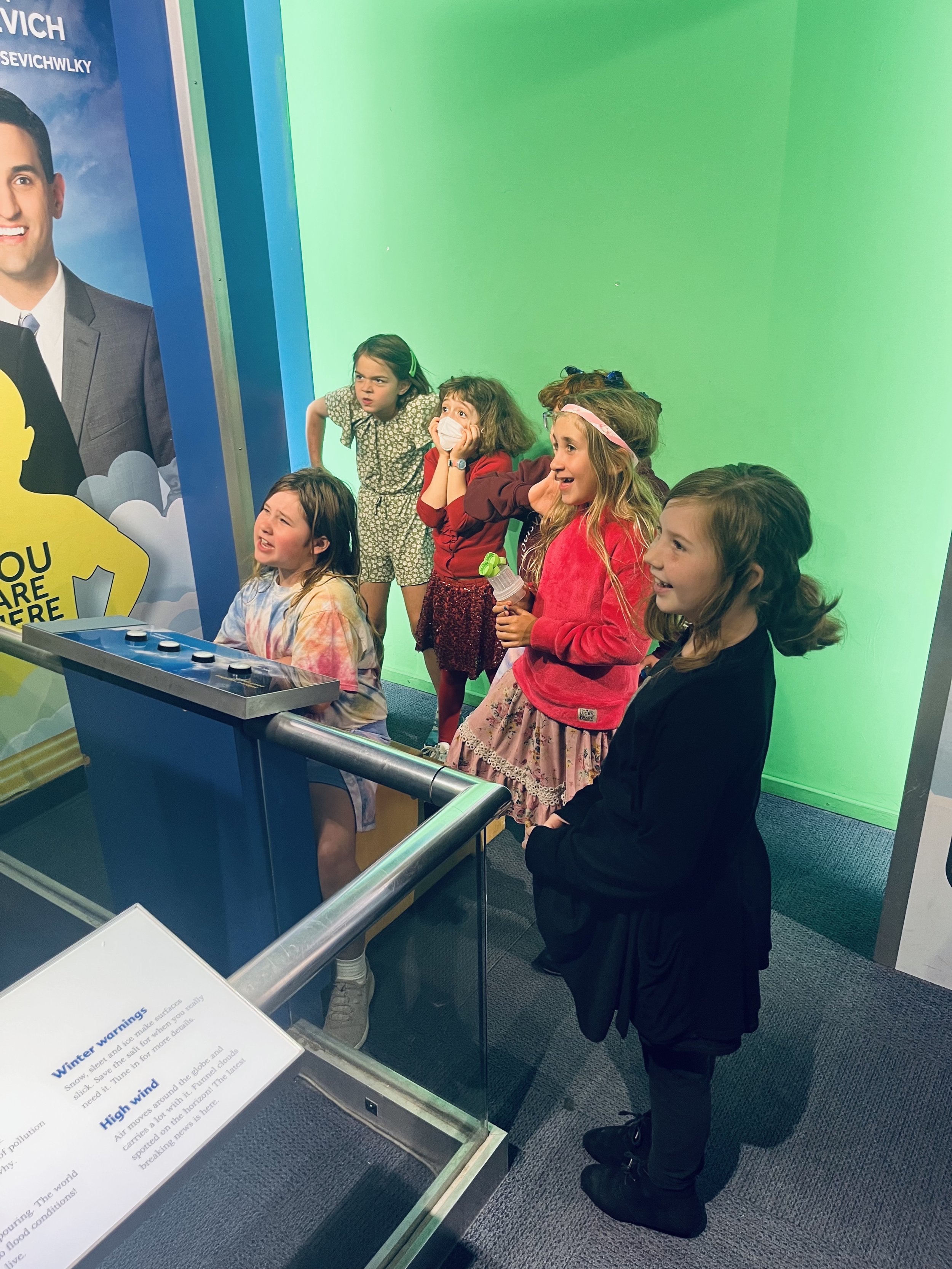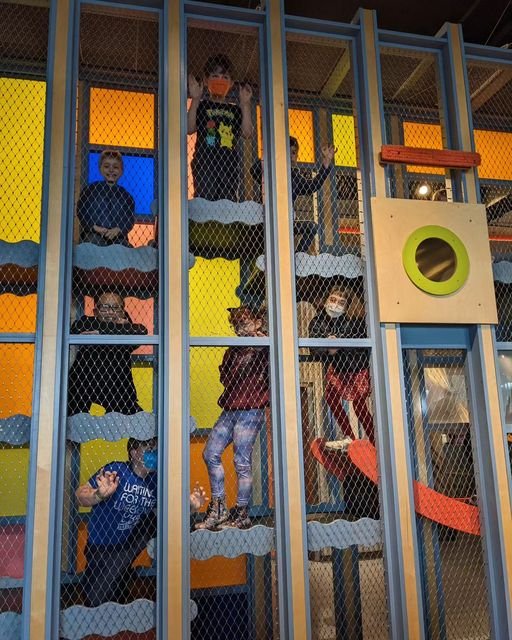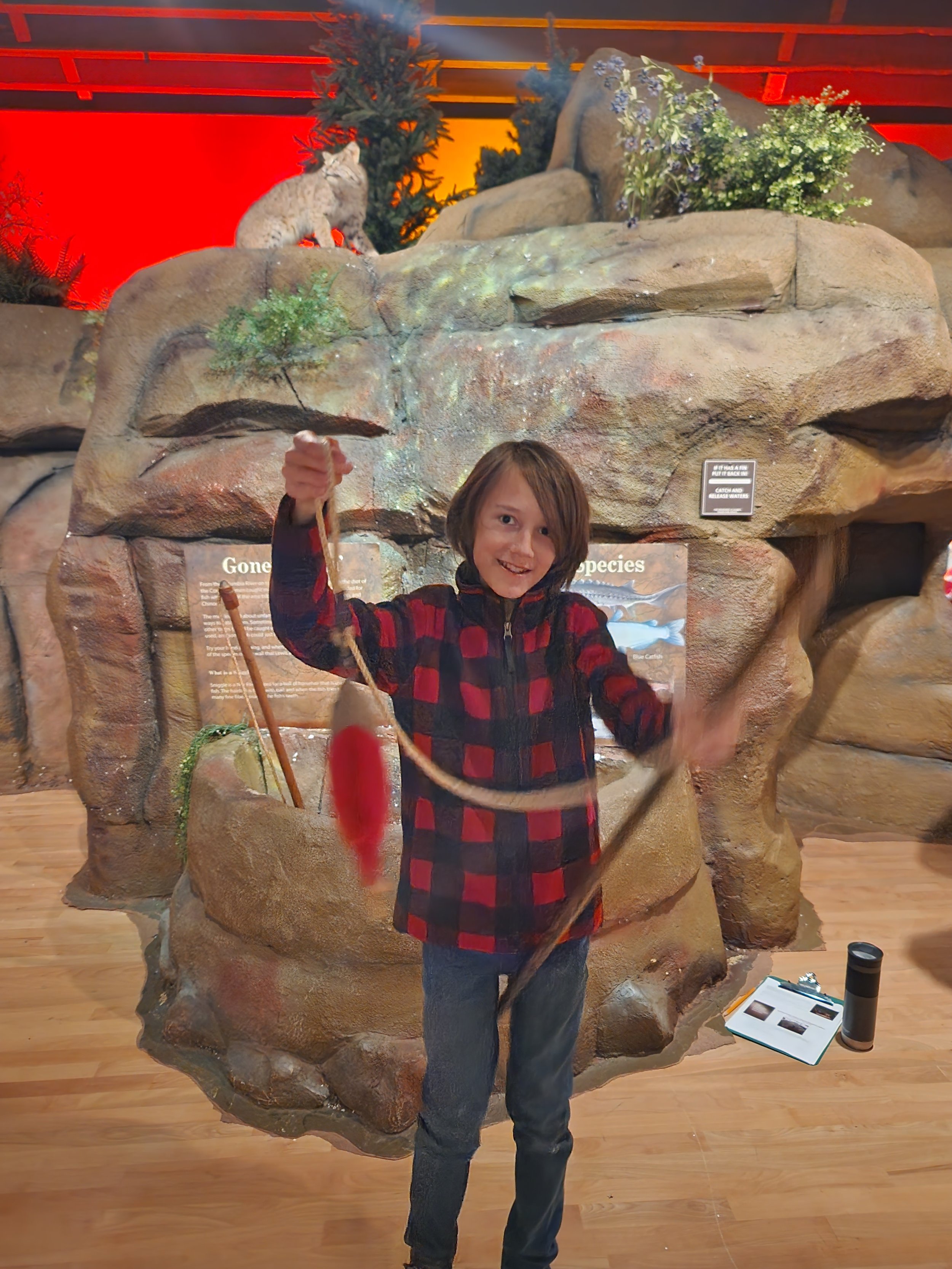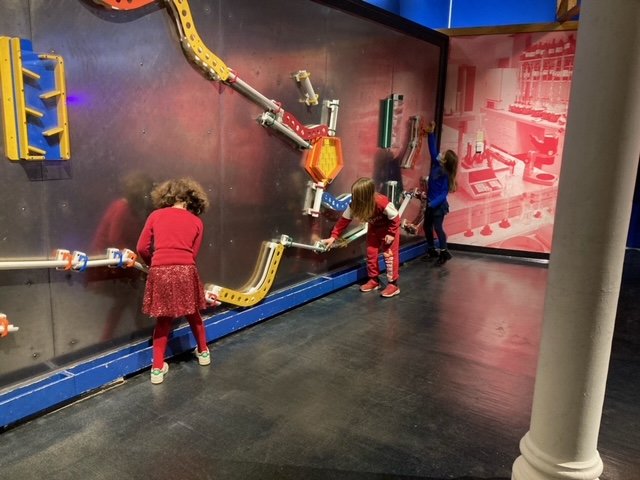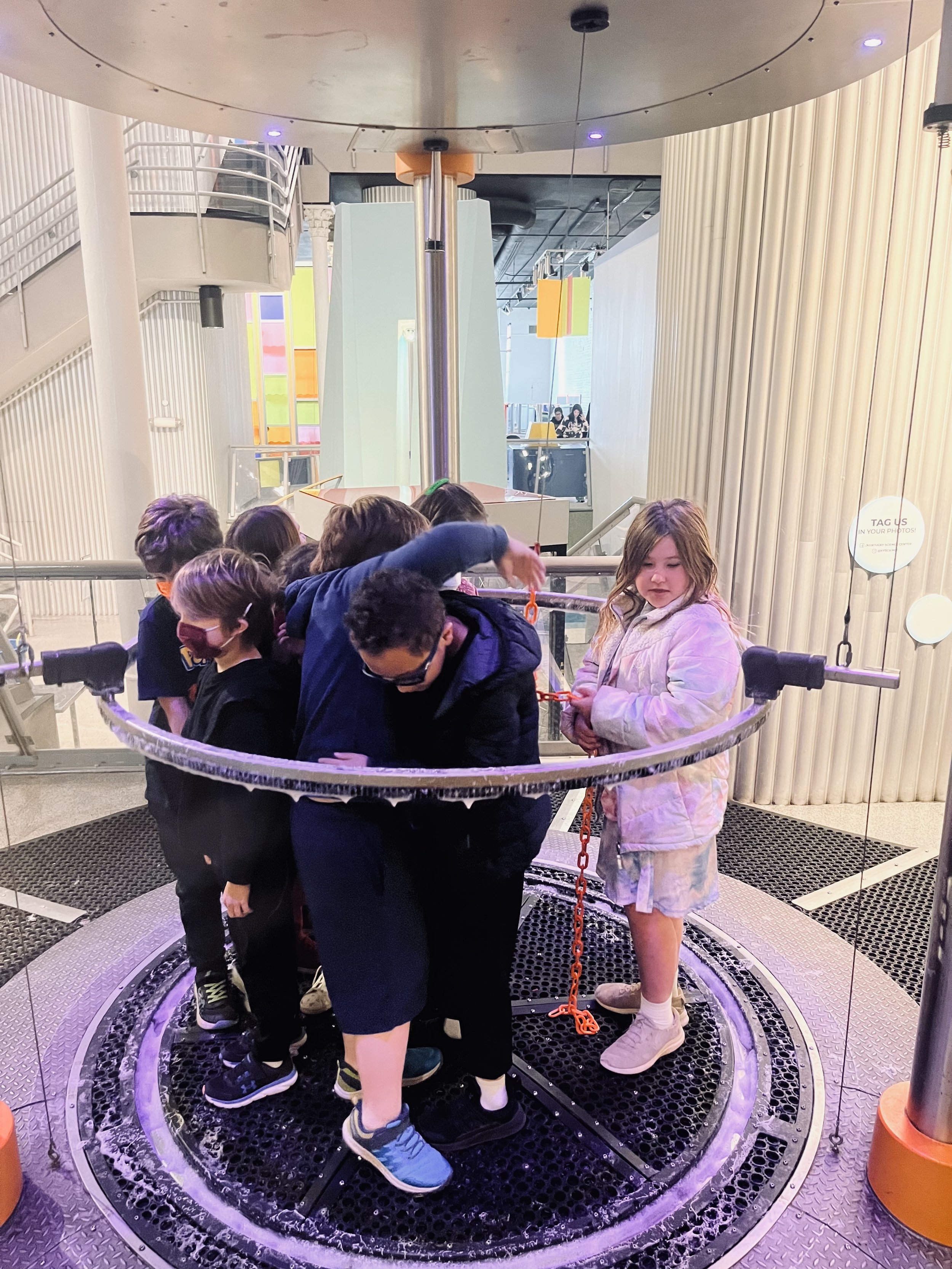Classical Education
What is Classical Education?
“Non scholæ sed vitæ discimus – We do not learn for school but for life. — Seneca”
What is classical education? At Louisville Classical Academy, we define a classical school as any school that requires all of its students to read certain books, which are selected by the school. You can find LCA’s required reading list here. These books are required simply because they are really good books, and we think that everyone would benefit tremendously from reading them.
For an expansive description of classical education, you can listen to this recording of LCA’s Spring 2026 Lecture, “What is Classical Education?” delivered by LCA’s Head of School, Greg Markowitz. You can also read it here.
LCA stands in a long tradition of education that reflects the spirit of inquiry of ancient Greece and Rome. Of equal importance is the cultivation of intellectual virtues, such as persistence, attention to detail, openness to new ideas, and flexible thinking. Our ideal student is curious, motivated, focused, and capable of working hard. Many children innately possess this potential, and we exist to see it flourish. Within this intellectual home, LCA students learn to approach learning and life with reason, mindfulness, and purpose. We hope you will contact us or schedule a tour today to learn more about our program.
In the primary program, the areas of emphasis are English, mathematics, science, global studies, and music and movement. Global studies provides opportunities for rich engagement with the languages, traditions, and history of cultures around the world. Students spend time memorizing poems, songs, idioms, and other information as it is proven to lay a foundation upon which they can build future facts and insights. The music program includes both general music instruction and choir. Movement, imaginative play, and physical activity are important every day. Art is taught as a subject area and is also integrated throughout the curriculum.
Students in grades 4-8 study English, math, science, history, Latin, studio art, choir, and music fundamentals. A course called Classics, which varies by grade level, covers topics such as classical mythology, United States law, famous biographies, and ancient mathematics.
Shared Inquiry™
“Wonder is the beginning of wisdom. — Socrates”
Socrates of Athens used inquiry as a method of pursuing truth. He did not mean the kind of dialogue that merely seeks practical compromises, but instead something like the kind of discourse among modern scientists, gradually sifting out invalid theories, that has led to our enriched understanding of the fundamental forces of physics, the quantal nature of matter—the periodic table of the elements!—and the cellular basis of plant and animal life. All of these advances required rigorous, truth-seeking dialogue among scientists across many generations.
We cannot use experimental methods or microscopes as evidence in pursuing the truth about moral principles, so it is harder for dialogue to produce such decisive agreement about the human fundamentals as it can in the physical sciences. Their reality is not proven by logic, yet courageous and artful dialogue can help us to sift out their core meanings.
This ancient thinker showed, ironically, that in pursuing moral inquiry through rigorous dialogue, we are compelled to continually practice the very goodness that we are seeking to understand: we have to practice courage and self-control in striving, through dialogue, to understand them. At LCA our diverse studies have this in common: we explicitly, consciously strive to practice the “parts” of both intellectual and moral excellence—which the ancient Greeks and Romans called virtues—through the challenge of honest, truth-seeking dialogue. We use the Shared Inquiry™ method, a collaborative, discussion-based approach to stories and literature developed, refined, and advocated by the Great Books Foundation for more than 60 years.
An important feature of LCA’s classroom style is seminar-based learning, which uses these guidelines for productive discourse and learning:
Beware of forming an opinion about a work too quickly.
Relate all comments to the work being discussed.
Support opinions with specific content in the work.
Strive for dialogue – conversation with others – rather than a series of monologues.
Seek to include all others in the conversation.
Consider questions as a good way to enter the conversation.
Relate comments to one that has gone before, affording those who follow a similar chance.
Avoid dominating discussion with comments that are too lengthy or of little interest to others.
Employ courtesy and civility in all communications.
The Arts
Louisville Classical Academy esteems music, art, and drama as an integral part, not periphery, of our daily curriculum.
“Music enhances the education of our children by helping them to make connections and broadening the depth with which they think and feel. If we are to hope for a society of culturally literate people, music must be a vital part of our children’s education. — Yo-Yo Ma”
Research suggests that exposing children to music fosters brain development and boosts their “vocabulary and reading ability.” All lower- and upper-school students participate in choir, where they will sing songs from the canon of children's and classical music, including songs in other languages. Students listen to and create music in a way that will allow them to become fluent in this most beautiful of languages.
“Every child is an artist. The problem is how to remain an artist once we grow up. — Pablo Picasso”
As they grow up, students at LCA will understand art to be an essential part of their learning and their lives. At all grade levels, art class meets multiple times per week, but it does not stop there; art is integrated across subjects to enrich learning.
“The word “theatre” comes from the Greeks. It means “the seeing place”. It is the place people come to see the truth about life and the social situation. — Stella Adler”
Primary students learn historical and modern stories through drama and dance. They have the opportunity to try on different personas, expand their imaginations, and experience performing in front of peers and parents. In the upper school (grades 4-8), drama is offered as an elective, with opportunity to perform for the public each spring.
Movement
“Physical fitness is not only one of the most important keys to a healthy body, it is the basis of dynamic and creative intellectual activity. — John F. Kennedy”
You will find few, if any, schools in Louisville that offer as much recess time as LCA. Students in all grades are provided the recess time their brains and bodies need. LCA acknowledges the interrelationship between the mind and body. We believe whole-heartedly that moving their bodies through recess and physical exercise is critical to children’s and adolescents’ social, emotional, and intellectual development.
All students have recess at least two times per day. Outdoor recess is our priority, but when the weather makes it impossible, recess takes place indoors. Additionally, students in all grades have PE three times per week. Across subjects, students are afforded opportunity for movement within their classrooms. Preschoolers and kindergarteners have daily free play as well.
Exploration
“Adventure is worthwhile. — Aesop”
